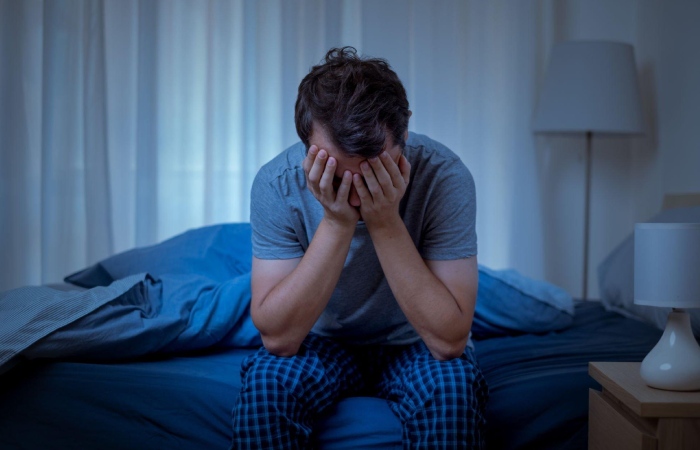Your heart never disappears; you are spinning around and staring at the clock with wide eyes. Almost all of us have spent or will continue to have sleepless nights before and after normally stressful life events. It is a short-term problem and will be resolved automatically in most cases.
Whether it’s a temporary disability or an ongoing worry, Insomnia can make you feel scared the next day: tired, moody, and unable to concentrate. However, some people deal with chronic Insomnia. They cannot fall asleep regularly, stay asleep, or wake up early. This type of interrupted sleep lasts for at least several months and more than a few nights a week.
Table of Contents
5 Things to Do if You Have Insomnia – Why Can‘t I Sleep?
In addition to anxiety about life stressors, there are other reasons for Insomnia. Several medical conditions, such as chronic pain, hyperthyroidism, allergies or sinus problems, gastrointestinal problems such as asthma and reflux, and neurological disorders such as Parkinson’s disease, can make sleep difficult. There is.
Certain drugs may also be responsible. Medicines for cardiovascular disease, asthma, thyroid disease, ADHD, birth management, and depression can cause Insomnia. Over-the-counter cold and allergy medications can also affect sleep quality.
So, people who have had Insomnia for some time often develop bad coping behavior. The person is anxious about being unable to sleep, and a vicious circle is formed. Activities such as watching TV, playing video games, checking social media, spending a lot of time in bed, staying up late, and doing household chores exacerbate the problem. It’s better to spend time reading and listening to music to relax.

Sleep pills can help people feel sleepy, but I don’t like people relying on them as a quick solution. You need to change your lifestyle and sleep behavior to get back to a good night’s sleep.
5 Things to Do if You Have Insomnia
1. Keep Track

So, you need to know how much sleep you are getting and how much you are missing. Follow in the journal. Know what time you go to bed and when you are tired during the day. Track your activity. How much bluescreen time (computer, TV, tablet, smartphone) do you spend before bed? What are you eating and drinking? You may be able to detect and change patterns that interfere with sleep. The registry is an essential tool for doctors and therapists to decide to receive medical assistance.
2. Try Cognitive Behavioral Therapy.
It is called TCC-I. It’s a common technique that helps you end a sleepless night. It enables you to control
3. Accept Insomnia. – 5 Things to Do if You Have Insomnia
Stay positive. Accept that you are awake and not sleeping without judgment or comparison, such as “my partner falls asleep very easily” or “something must be wrong; I can’t sleep”. Don’t allow catastrophic thoughts to cause you to lose your job, as you are too tired to do what you need. Get up, move around, and do relaxing things like reading a boring book. Please refrain from TV and screen time!
4. Check Medications.
Some medications can keep you awake, including caffeine, from corticosteroids to over-the-counter painkillers. However, you can stop using caffeinated painkillers or chilling with alcohol to prevent the influenza drug. Do not stop taking medicine without referring your doctor. If you suspect that it is due to the drug, consult the doctor who prescribed it.
5. Herbal Supplements and Teas.

There are many sleep aids, from lemon balm to chamomile tea. The two most common are melatonin, a natural hormone produced by the body at night, and valerian, a mild soothing herb. We know that the quality of supplements varies greatly, and some may interfere with prescription medications, so check with your doctor before you start taking them.
READ MORE:-Preventing Mental Fatigue – Vigor Blog
